When people think of Africa, they often think of wildlife safaris, vibrant textiles, or drum beats echoing through the savanna. But the real heart of Africa? It’s in the people. It’s in the stories passed down through generations, the dances that speak without words, and the ceremonies that connect the past with the present. Africa is more than a destination—it’s a cultural mosaic waiting to be explored.
Whether you’re a seasoned traveler or just beginning to explore the world beyond your backyard, Africa offers an enriching journey unlike any other. Here are five African countries where cultural traditions thrive, inviting you to witness, learn, and even participate in time-honored practices that have shaped communities for centuries.
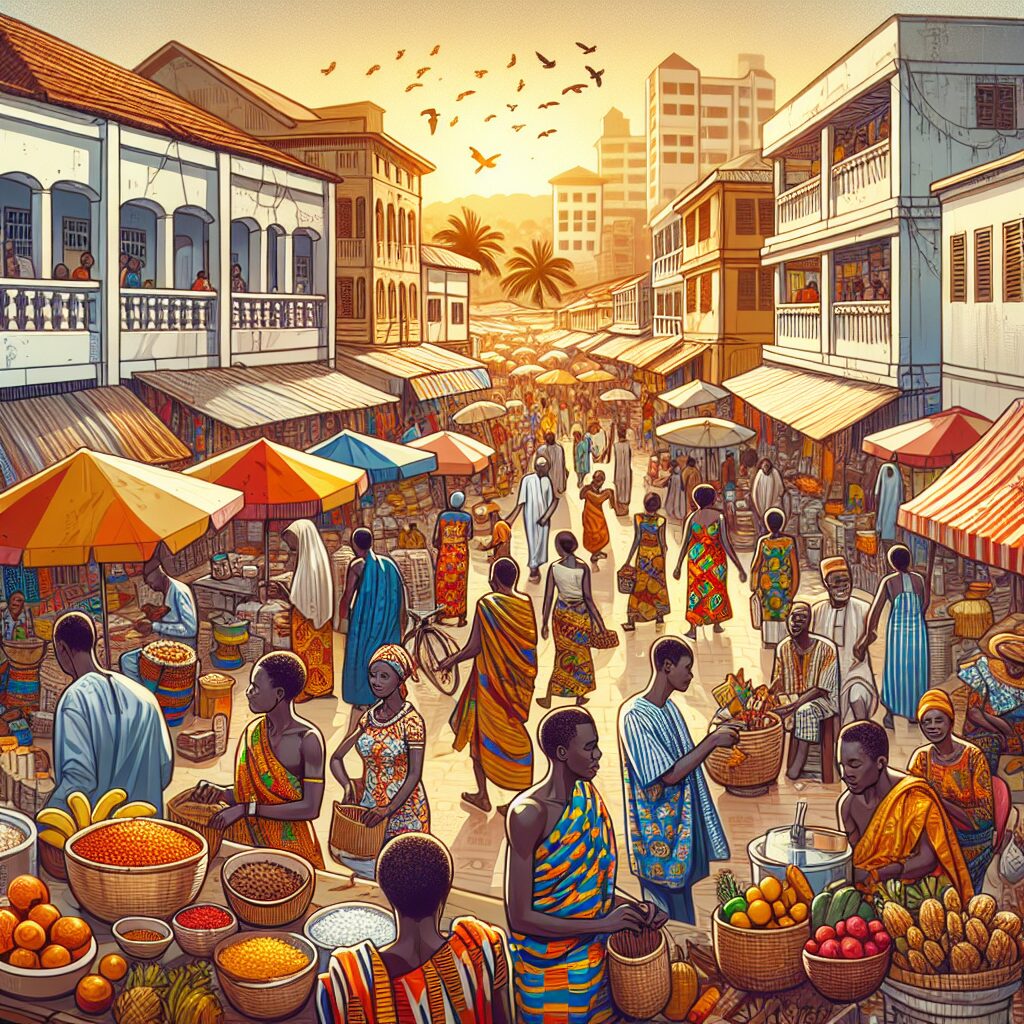
1. Ghana – The Gateway to West Africa’s Soul
Why Visit:
Ghana is a cultural powerhouse. It’s where history, heritage, and hospitality collide in the most beautiful way. From colorful festivals to traditional drumming ceremonies, Ghana welcomes you with open arms and invites you to become part of the rhythm of its life.
Cultural Highlights:
- The Ashanti Kingdom: Visit Kumasi, the capital of the Ashanti region, and immerse yourself in the legacy of one of West Africa’s most powerful kingdoms. The Manhyia Palace Museum offers a deep dive into royal traditions, ancestral worship, and the symbolism behind kente cloth.
- Kente Weaving: Speaking of kente—watch master weavers in Bonwire craft this iconic fabric. Each color and pattern has a specific meaning. You can even try your hand at weaving a few rows.
- Panafest and Emancipation Day: Held every two years in Cape Coast and Elmina, these festivals honor African resilience, the transatlantic slave trade, and pan-African unity. Expect drum circles, ancestral rites, and deep emotional moments at the Door of No Return.
What Makes It Special:
Ghana’s people make it unforgettable. You’ll be greeted with “Akwaaba!” (Welcome!) everywhere you go, and the sense of pride in cultural identity is contagious.
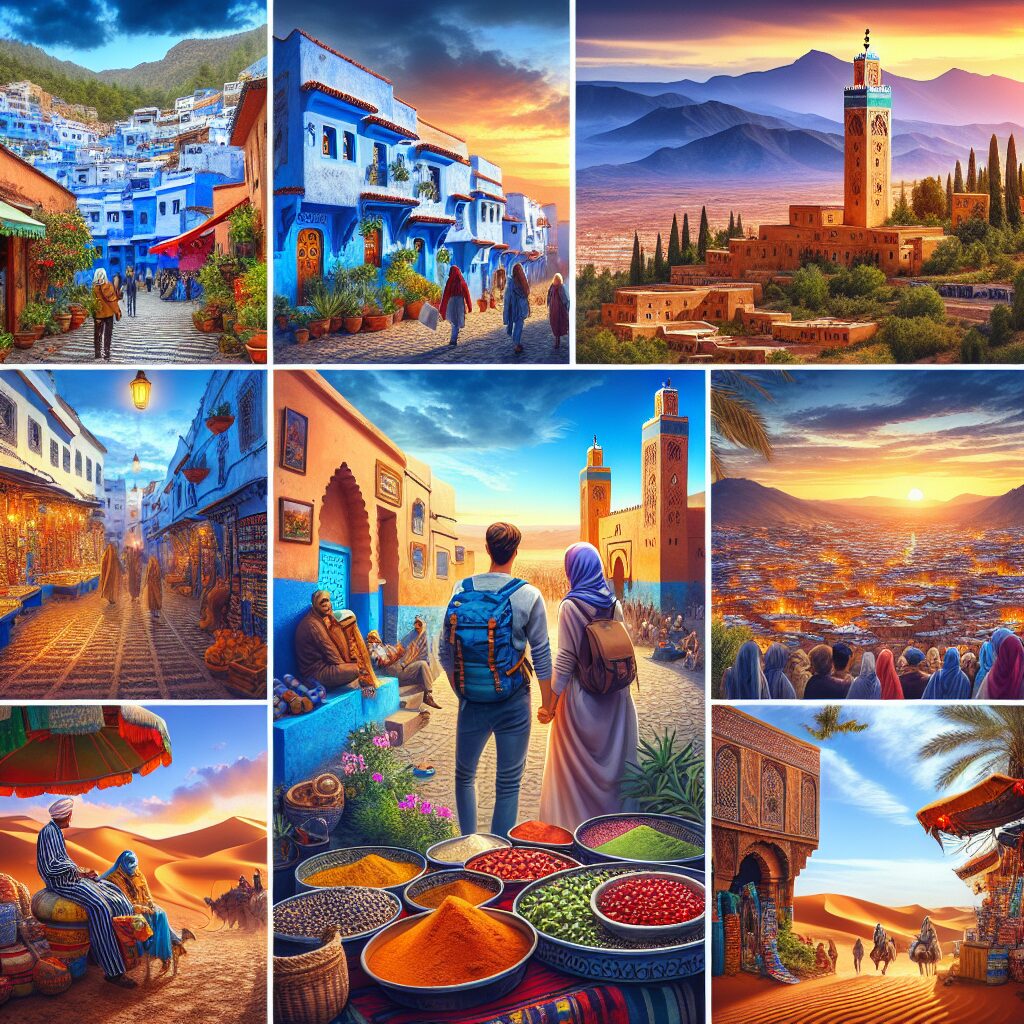
2. Morocco – Where Africa Meets the Arab World
Why Visit:
Morocco is a cultural melting pot of Arab, Berber, African, and European influences. It’s like walking through a living museum where every alleyway, spice market, and rooftop tells a story.
Cultural Highlights:
- Berber Heritage: Visit the Atlas Mountains to learn about Morocco’s indigenous people—the Amazigh (Berbers). Their traditions, music, and crafts have been preserved for millennia.
- Gnawa Music and Dance: Originating from sub-Saharan Africa, Gnawa music is a spiritual and healing art form you can experience in cities like Essaouira and Marrakech. The annual Gnawa Festival is a must.
- The Medina Culture: Stroll through ancient medinas (old towns) in Fes or Marrakech. Discover traditional hammams, spice souks, leather tanneries, and artisans weaving rugs or hand-painting ceramics.
What Makes It Special:
Morocco fuses ancient tradition with a modern twist. You can sip mint tea in a centuries-old riad while hearing the call to prayer echo across the rooftops. The sensory overload is real—in the best way.

3. Ethiopia – The Land of Origins and Timeless Traditions
Why Visit:
Ethiopia is unlike any other country on the continent. It has its own script, calendar, and even time system. It’s the only African nation never to be colonized, and that independence echoes through its deep-rooted traditions.
Cultural Highlights:
- Lalibela’s Rock-Hewn Churches: Step into the 12th century as you explore these architectural marvels carved straight into the rock. They’re still used for worship today, especially during the Ethiopian Orthodox holidays.
- Timket Festival: Held every January, this is a celebration of Epiphany with dazzling processions, sacred rituals, and white-robed worshippers reenacting the baptism of Christ.
- Coffee Ceremonies: Ethiopia is the birthplace of coffee, and its preparation is a social and spiritual ritual. The ceremony involves roasting beans, boiling coffee in a jebena, and sharing it in three rounds—each with its own meaning.
What Makes It Special:
Ethiopia offers a peek into ancient Christian traditions, untouched tribal customs, and culinary experiences that feel like a sacred ritual. Plus, the warmth and humility of the Ethiopian people are soul-stirring.
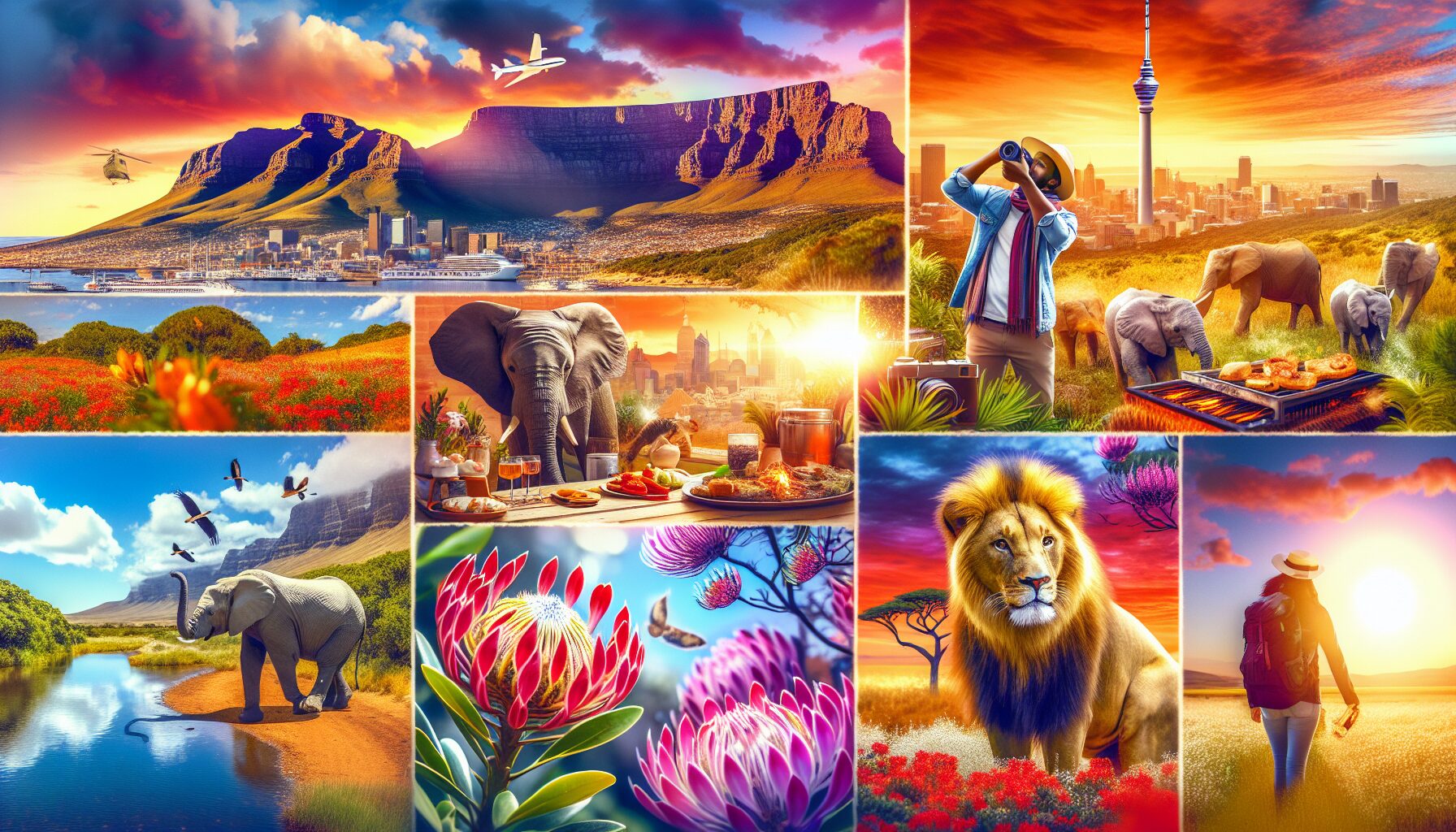
4. South Africa – A Rainbow Nation of Heritage and Diversity
Why Visit:
South Africa is known as the “Rainbow Nation” because of its cultural and ethnic diversity. With 11 official languages and dozens of ethnic groups, it’s a place where different traditions coexist in a beautiful, sometimes complex, harmony.
Cultural Highlights:
- Zulu Ceremonies: In KwaZulu-Natal, traditional Zulu ceremonies showcase warrior dances, stick fighting, and beadwork rich in symbolism. You can attend a traditional wedding or visit a cultural village for a deeper understanding.
- Xhosa Initiation Rites: Though more private and sacred, understanding the coming-of-age journey of young Xhosa boys into manhood (Ulwaluko) is a glimpse into powerful rites of passage.
- Township Culture: Take a guided tour through Soweto or Khayelitsha to hear stories of resilience, see vibrant street art, and enjoy the soulful sounds of local music and food in shebeens (informal bars).
What Makes It Special:
South Africa combines ancient tribal customs with a post-apartheid spirit of reconciliation and pride. Museums like the Apartheid Museum or Robben Island tell powerful stories, while the people remind you that tradition is always evolving.
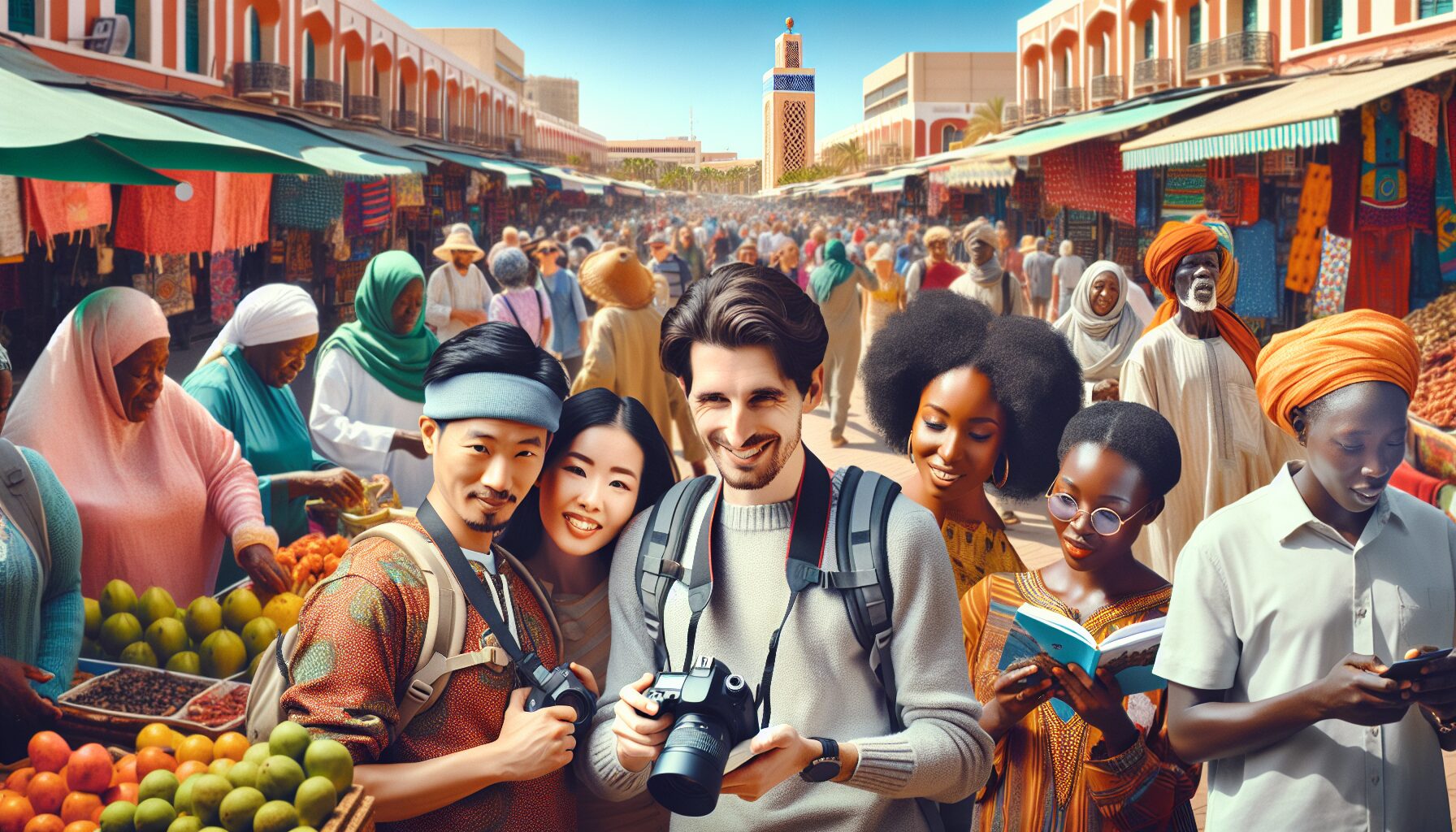
5. Senegal – West African Spirit with a French Twist
Why Visit:
Senegal is the heartbeat of Francophone West Africa. It’s a country where mbalax music, traditional wrestling, colorful textiles, and Islamic traditions all thrive in perfect rhythm.
Cultural Highlights:
- Sabar Drumming and Dance: Experience the thrill of a sabar session—a high-energy dance performed to fast-paced drumming, often at weddings or public gatherings. It’s pure joy in motion.
- Gorée Island: A UNESCO World Heritage Site, Gorée is both a sobering place of remembrance for the transatlantic slave trade and a symbol of resilience. The House of Slaves is an emotional journey not to be missed.
- Wrestling (Laamb): Senegalese wrestling is more than sport—it’s theater, ritual, and community rolled into one. Wrestlers are national heroes, and their matches are full of drumming, dancing, and spiritual preparation.
What Makes It Special:
Senegalese people embody teranga, a word meaning hospitality, kindness, and community. You’ll feel it the moment you arrive—from beachside gatherings to spontaneous music circles in the streets of Dakar.
Cultural Etiquette Tips for Travelers
To fully enjoy these rich traditions, here are a few tips to keep in mind:
- Ask Before Photographing: Many ceremonies are sacred, and people appreciate when you ask for permission first.
- Dress Respectfully: When attending cultural events or visiting villages, dressing modestly shows respect for the local customs.
- Participate, Don’t Spectate: If you’re invited to dance, eat, or join in a ceremony—say yes! The best cultural experiences happen when you dive in.
- Support Local Artisans: Buy directly from artists and crafters. It not only ensures authenticity but helps sustain cultural heritage.
Final Thoughts
Africa isn’t just a place you visit—it’s a place that changes you. Each of these five countries offers a unique cultural experience that will stretch your perspective, awaken your senses, and leave you richer in spirit. Whether you’re drawn to sacred rituals in Ethiopia, the rhythm of Senegalese drumming, or the majestic legacy of Ghana’s kingdoms, there’s something deeply human and universally moving in every tradition.
So pack your curiosity, bring an open heart, and get ready to be amazed.
Because the real magic of Africa? It’s in the stories. And you’re about to become part of them.






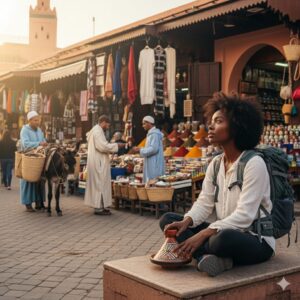
Leave a Reply